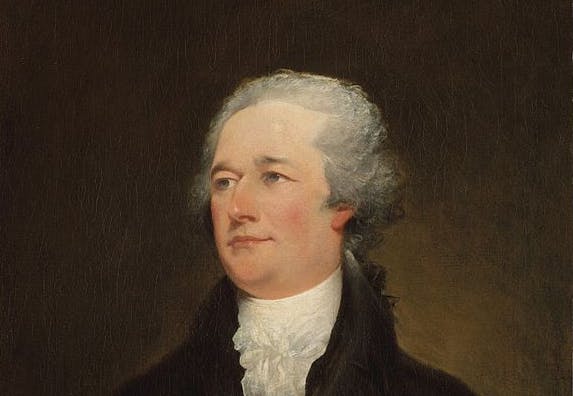The Interbranch War
Democratic lawmakers start to move against the judiciary and presidency.

Separation of powers looks these days more like conflict of powers, and the blame rests with Democrats. Their lawmakers have moved on the independence of the executive and judiciary with a vehemence that would have floored the Framers. President Biden, and the court’s liberals, have acquiesced, complicit in their own curtailment. Now, two bills, one to bind presidents and the other to regulate justices, threaten an interbranch war.
On the Supreme Court, Senate Democrats have passed out of committee a measure to impose a binding ethics code on the justices. It would also create an investigatory board to probe justice’s conduct and mandate recusal in a wider range of circumstances, notwithstanding the high court’s “duty to sit.” Senator Whitehouse, long a foe of this court, has said “You have to start somewhere” and “We’re just at the beginning.”
Justice Samuel Alito has emerged as the public champion of the court’s constitutional prerogatives. He tells the Wall Street Journal that “Congress did not create the Supreme Court” — the Constitution did. “I know this is a controversial view, but I’m willing to say it. No provision in the Constitution gives them the authority to regulate the Supreme Court — period.” Moses himself couldn’t have put it better.
Chief Justice Roberts, in a recent “Statement on Ethics Principles and Practices” written in response to congressional encroachment and endorsed by the whole court, notes that “in regard to recusal,” the justices “follow the same general principles and statutory standards as other federal judges, but the application of those principles can differ due to the unique institutional setting of the Court.” Congress, though, is angling to cut it down to size.
In a remarkable escalation, Senator Murphy took to television on Sunday to opine that the senator finds it “disturbing that Alito feels the need to insert himself into a congressional debate.” He added that “it is just more evidence that these justices on the Supreme Court, these conservative justices just see themselves as politicians.” It is Mr. Murphy who appears to us to see the jurists as fellow politicians rather than stewards of a co-equal branch.
We recommend the solon turn to 78 Federalist, in which Hamilton writes that the “complete independence” of the courts of justice is “peculiarly essential in a limited Constitution.” That hardly squares with the desire of Democrats to create an “ethics investigations counsel” and a “process to receive from the public information” — in “electronic form”— about “potential violations of the code of conduct by justices of the Supreme Court.” That is, judicial surveillance would be crowd-sourced.
Democrats’ legislative adventurism is not limited to the courts. Representative Adam Schiff last week reintroduced the “Protecting Our Democracy Act,” which aspires to do for the presidency what Mr. Whitehouse designs to achieve in respect of the judiciary. He would fetter the president’s pardon power, which as conceived by the constitution is pristine. The bill also contemplates further limits the president’s constitutional power to control the Department of Justice.
It was Hamilton again who deduced the need for “unity” in the executive, the branch in which the Constitution vests 100 percent of the power to a single individual. Mr. Schiff’s plans, in the name of preventing “presidential abuse of power,” to take a wrecking ball to the executive branch. President Biden, who has criticized this court as “not normal,” could soon find himself, even if reluctantly, changing sides in the interbranch war.

